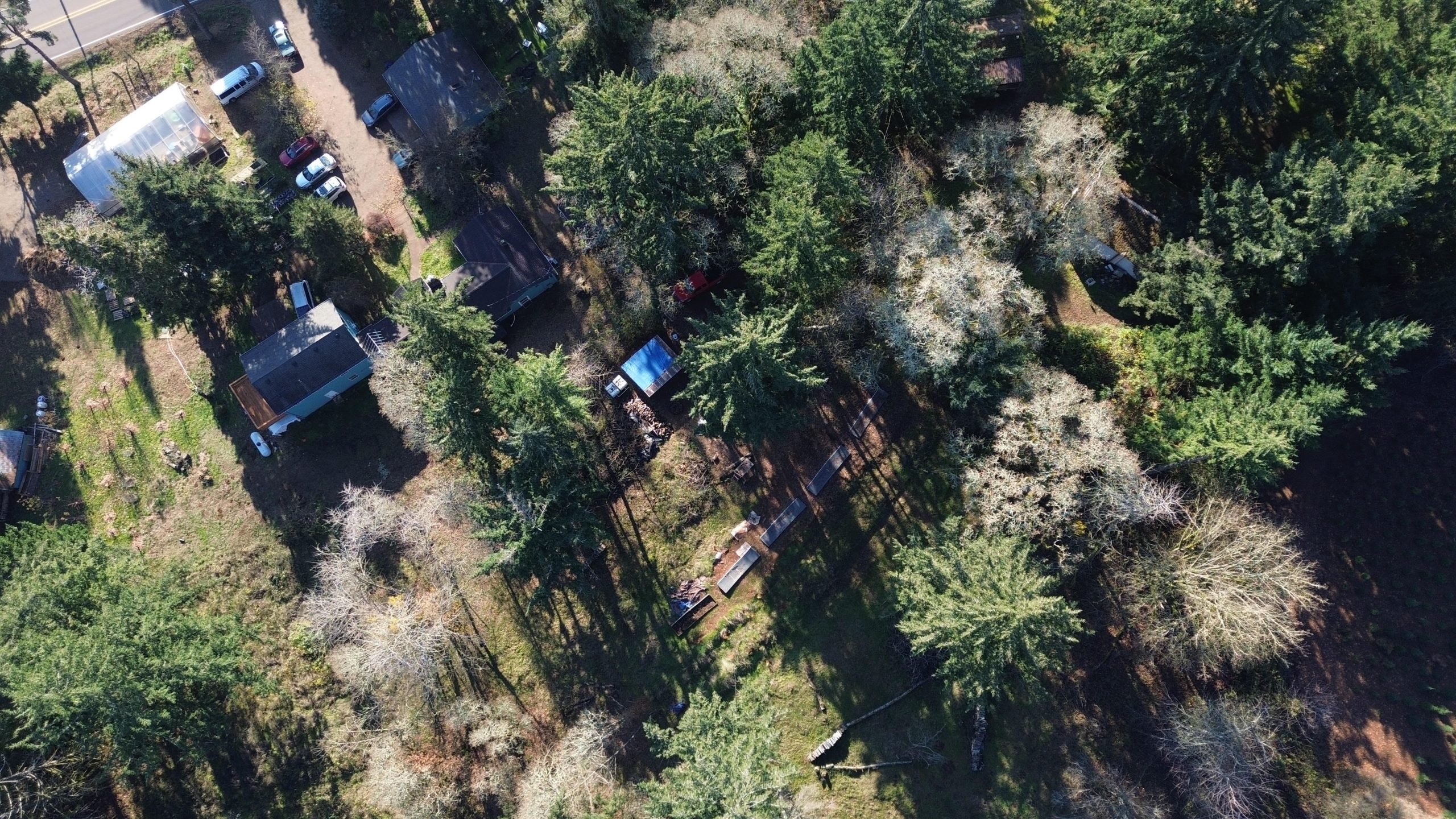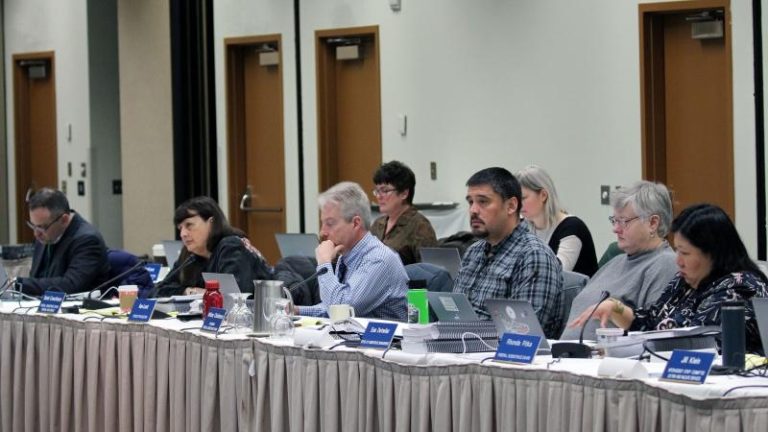Podcast: Play in new window | Download | Embed
(Photo: Stephen Hill / Flickr)
A new report shows the Trump administration’s plans to repeal clean energy tax credits could increase energy bills for households, including those in Indian Country – especially in the West.
The Mountain West News Bureau’s Kaleb Roedel reports.
U.S. households could see their annual energy costs rise significantly by the end of the decade if Congress repeals the Inflation Reduction Act’s tax credits.
That’s according to the independent research firm Rhodium Group, which estimated price changes in electricity, gasoline, and natural gas.
In many parts of our region, household energy bills could jump $250 or more, which is higher than the anticipated national average. That includes Nevada, Colorado, New Mexico, Utah, and Arizona.
Idaho, Wyoming, and Montana could see energy bills climb just over a hundred dollars a year by the end of the decade.
The report’s co-author is Ben King.
“If the motivation behind some of these policy changes is to try to reduce energy costs, our evidence suggests that, certainly, these policy changes pull in the opposite direction of that.”
Right now, household electricity costs are relatively flat across the Mountain West compared to a year ago, according to the federal Energy Information Administration.

An unusual protest in British Columbia that is seen by some as a form of justice may be going too far, authorities say.
The family of a man accused of a targeted killing on the northern archipelago of Haida Gwaii has been banished from the community.
More from Dan Karpenchuk.
Tyson Young was charged with second degree murder after a member of the Haida Gwaii community of Skidegate was killed by a vehicle.
Police say Luke Pearson was the victim of a targeted homicide.
Several members of Young’s family fled after they say they were threatened by residents of the community. Then their homes were bulldozed and local businesses said anyone associated with the accused was not welcome in their shops.
.The family was essentially evicted and banished from Haida Gwai.
During the journey, they were prevented from sleeping, eating, or refueling in other Indigenous territories.
Protestors gathered along the route with signs saying “Justice for Luke”; others followed the convoy in their own vehicles, sometimes for hours.
Smogelgem is a hereditary chief of the Wetsuweten Nation – and was one of the protestors.
“Our ancestors, whenever somebody was exiled from their own territories, they were expelled from their territory and as they were leaving, the neighbouring territories and all the allies are not allowed to serve them. They are expected to pass through the territory and continue on. And that’s kind of what we’re doing here. We’re upholding our old laws.”
Other leaders say a number of Indigenous communities have been struggling with drug deaths – especially among young people – and this protest is indicative of the frustrations that many are feeling.
Police have been monitoring the family’s journey and out of an abundance of caution, a police escort was provided.

A drone’s eye view of Elderberry Wisdom Farm. (Courtesy Elderberry Wisdom Farm)
A farm in Salem, Oreg. that teaches Traditional Ecological Knowledge to youth has just had some federal funds unfrozen.
After President Donald Trump took office this year, many federal agencies have weathered cuts and cancellations. That includes the U.S. Department of Agriculture (USDA), which had previously approved three grants to Elderberry Wisdom Farm, as board president Rose High Bear explains.

A deer at Elderberry Wisdom Farm. (Courtesy Elderberry Wisdom Farm)
“The roots of traditional ecological knowledge are grounded in our spirituality. And a lot of people have forgotten their traditions, and we need to restore our own native spirituality and our relationship with our oldest grandmother, the mother earth.”
High Bear says U.S. Rep. Andrea Salinas (D-OR) helped restore a grant worth $750,000.
Elderberry Wisdom Farm is now looking for interns to do Native stewardship practices.
One will be planting trees in a lower-income area of Salem.
“We have heat waves here in Salem, when you’ve got a low tree canopy, it can be 30 degrees hotter than in the more prosperous neighborhoods. So we’re really committed in a number of ways to help our ecosystem and to help our young people to get into careers that are more fulfilling to them.”
High Bear says funding remains a concern, as the internship program’s account will dry out next year.
Get National Native News delivered to your inbox daily. Sign up for our daily newsletter today.



